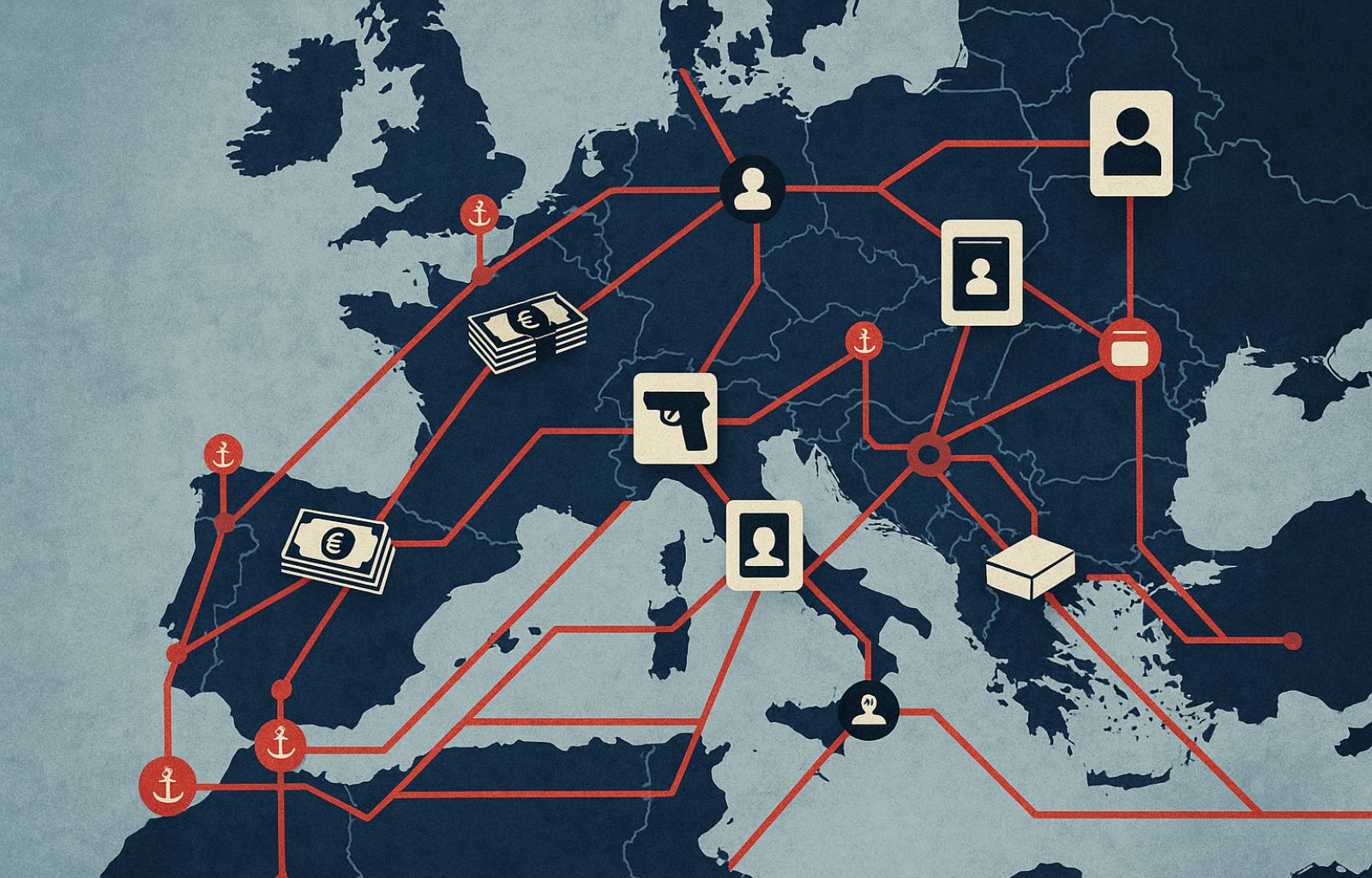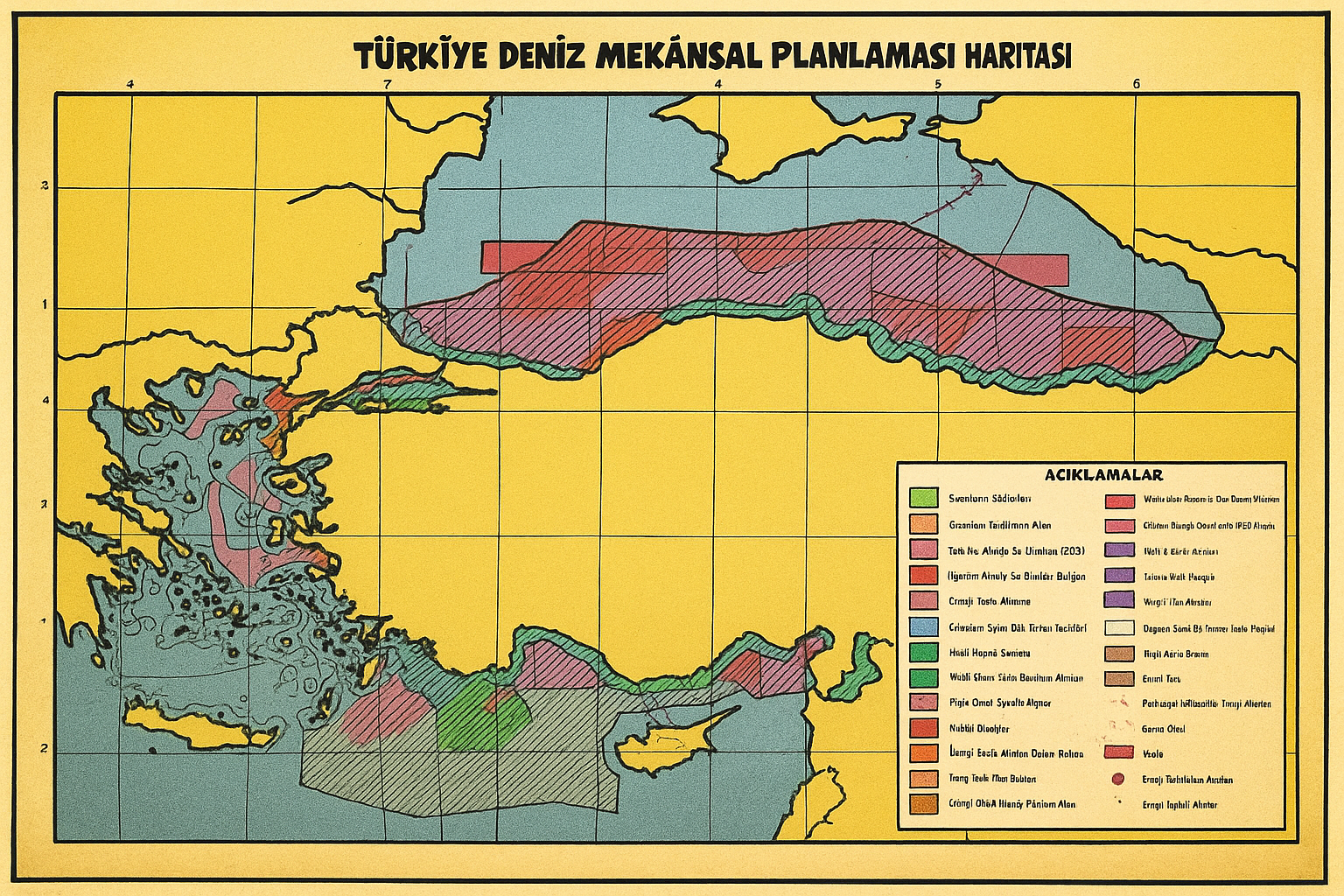Market, freedom and sovereignty: how Europe can respond to Trump’s ambush

Let’s face it: in Trump’s America, Europe is not even a formal partner anymore, rather it is treated as a competitor to be targeted, even a threat to national security. In a formal letter sent on 11 July 2025 to the President of the European Commission Ursula von der Leyen, the US President announced the introduction of a generalised 30% tariff on all European products as of 1 August. A unilateral act that opens a new phase of economic hostility within the Western world.
The text, published in full by some American newspapers and confirmed by the Commission, leaves no room for doubt: Trump intends to use trade leverage to bend Europe to a new economic order. The alternatives offered are few and humiliating: either drastically lower customs barriers to US products or relocate European production to America, where – the president assures – ‘we will do everything we can to quickly approve your factories, within weeks’. The message is clear: either you bend, or you pay.
A challenge from the West
In diplomatic parlance, such an explicitly coercive text between allies had rarely been seen. The White House defines EU-US trade as ‘largely non-reciprocal‘ and justifies the tariffs by accusing the Union of having maintained ‘unfair tariff and non-tariff policies‘ for decades, at the origin – according to Trump – of ‘large and unsustainable trade deficits‘. Hence the imposition of a fixed 30% tariff, valid for all imported goods, with threats of proportional increases in the event of ‘retaliation’ from Brussels. Trump calls the deficit a threat to national security.
According to data from the World Trade Organisation, the European Union had a trade surplus with the US of EUR 219 billion in 2024, down slightly from its peak in 2022. But, as many analysts note, a positive trade balance is not necessarily a sign of imbalance, but rather reflects sustained US demand for high-value-added European goods – from German pharmaceuticals to Italian precision engineering, from French cosmetics to luxury vehicles. The surplus reflects the quality of European companies, not unfair practices.

Europe at a crossroads
The response of the European institutions was, for now, cautious. President Ursula von der Leyen limited herself to declaring that “the Union will carefully assess the scope of the measures announced and will act in the interest of European citizens“. Sharper was the reaction of Trade Commissioner Valdis Dombrovskis, who called the US move ‘unilateral, unjustified and potentially devastating for the transatlantic economy‘. So far, Brussels has reacted cautiously, but time is running out.
Some European leaders also expressed concern. German Chancellor Friedrich Merz said that ‘Europe cannot accept economic blackmail, not even from its historical allies’. French President Emmanuel Macron called for ‘a coordinated and firm European response that defends our industrial interests and sovereignty‘. More defiladed so far is the Italian government, which has much to lose in sectors such as agribusiness, fashion and components. The major continental capitals invoke unity, but Italy remains silent.
Europe is therefore faced with a strategic decision: either to give in to a protectionist offensive to avoid a trade war, or to raise its defences and play its own game. The risk is that the first choice permanently undermines the Union’s geopolitical credibility, while the second entails short-term economic costs. What is at stake is the Union’s autonomy, not just trade.
An insidious danger is the risk that the economic impact of tariffs will be highly asymmetrical within the Union: Italian, Irish, German and Polish regions linked to manufacturing risk much harsher effects than other territories. A dynamic that could seriously put pressure on European economic unity and political solidarity.
The risks for European companies
The consequences of the introduction of generalised tariffs could be devastating for many industries. According to an analysis by the think-tank Bruegel, “in a scenario without an agreement, the European Union could suffer a GDP contraction of 0.3% already in the first year, while exports to the United States could fall by between 8% and 66% depending on the severity of the measures and possible reciprocal retaliation“. The most exposed sectors would be automotive (especially Germany and Italy), luxury goods (France and Italy), pharmaceuticals and food. The tariff directly threatens the manufacturing heart of the European economy.
In the report of the European think tank, Italy is listed as the second most exposed country after Ireland, due to its specialisation in the export of vehicles, fashion and pharmaceuticals. “The transport and fashion sector in Italy shows a critical combination of high exported added value and high share of exposed local employment,” the document states.
Small and medium-sized companies, which are less structured to diversify their outlet markets, would risk suffering a lethal blow. At the same time, large multinationals could give in to American pressure and relocate part of their production to the US, as called for in Trump’s letter. The US president makes no secret of the goal: to attract European capital, to take away EU added value, to erode the continental industrial base. Trump wants to bring factories and jobs back home – also at the expense of Europe.
To further complicate the picture, the Bruegel report points to a potential trade diversion effect: high US tariffs on Chinese products could push some of Beijing’s exports to Europe, increasing competition in some sensitive segments, such as lithium batteries, electronics and textiles.
A European pro-market strategy
It is not enough to respond to the duties with counter-duties, or to buffer the effects on companies with public aid. The real challenge Trump’s letter poses to Europe is strategic, not tactical. Now is the time to deeply rethink our industrial and economic policy in a liberal, competitive and global market-oriented sense. Defending Europe means enabling it to compete on equal terms.
Coordinated action is needed to reduce internal distortions in the single market, break down non-tariff barriers between Member States and simplify the rules that today hinder the growth of European companies on a continental scale. American protectionism must be countered not with imitation, but with more openness: Europe must become the best place in the world to invest, produce and innovate, thanks to a clear regulatory environment, swift justice, and a competitive tax system. Only a lean, transparent and attractive Europe can meet the American challenge.
This requires less national fragmentation, less duplication between states, fewer distorting subsidies and more internal competition. European champions must not be created by decree, but by merit. And if they need scale, we must ensure a truly functional single market, able to offer the same opportunities in Italy as in Germany or the Baltic States. The European single market remains the most powerful weapon at our disposal.
Trump’s challenge also shows how urgent it is to strengthen global trade alliances by signing agreements with dynamic and growing countries such as Mercosur, India, the Gulf and African countries. Instead of closing itself in a defensive fortress, Europe must play the offensive on the trade front, promoting its standards and interests in the large emerging markets, where European companies still have huge growth margins. If the US shuts down, Europe must open up smartly.
Finally, we need political leadership capable of driving this change of pace, overcoming redistributive and protectionist logics. The Commission should act as a driver of competitiveness, not as a regulatory brake. And the European Parliament must have more of a voice on how to build an open and liberal economy, based on the free movement of goods, people, capital and ideas. Without a strong political vision, the European project will remain vulnerable.
The divided West
Trump’s protectionism is not only aimed at China or other systemic actors. It also affects allies, in the name of an America that wants to be dominant rather than cooperative. Europe can and must respond with more economic freedom, more competition, more trade. We cannot allow others to write the rules of the global game.
If we want to remain protagonists, we must deserve it, with courageous reforms and a new confidence in the strength of our companies. The alternative is irrelevance: choosing not to decide is already a form of defeat.












